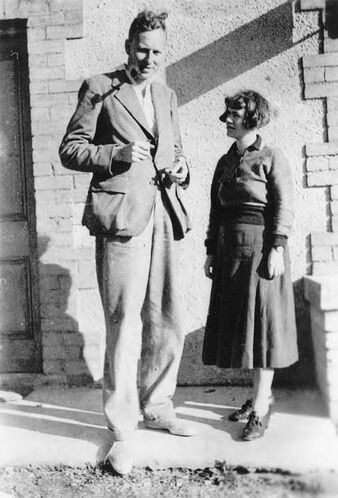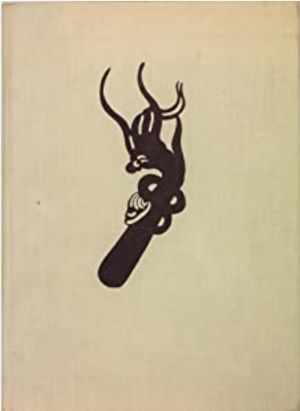Gregory Bateson (9 May 1904 – 4 July 1980) was an English anthropologist, social scientist, linguist, visual anthropologist, semiotician, and cyberneticist whose work intersected that of many other fields.
Bateson travelled to Bali with his second wife (1936-1950) Margaret Mead to study the people of the village Bajoeng Gede. In the short history of ethnographic fieldwork, film was used both on a large scale and as the primary research tool. Bateson took 25,000 photographs of their Balinese subjects.
He discovered that the people of Bajoeng Gede raised their children very unlike children raised in Western societies. Instead of attention being paid to a child who was displaying a climax of emotion (love or anger), Balinese mothers would ignore them. Bateson notes, "The child responds to [a mother's] advances with either affection or temper, but the response falls into a vacuum. In Western cultures, such sequences lead to small climaxes of love or anger, but not so in Bali. At the moment when a child throws its arms around the mother's neck or bursts into tears, the mother's attention wanders". This model of stimulation and refusal was also seen in other areas of the culture. Bateson later described the style of Balinese relations as stasis instead of schismogenesis. Their interactions were "muted" and did not follow the schismogenetic process because they did not often escalate competition, dominance, or submission.
Nothing was added yet.








Enable comment auto-refresher